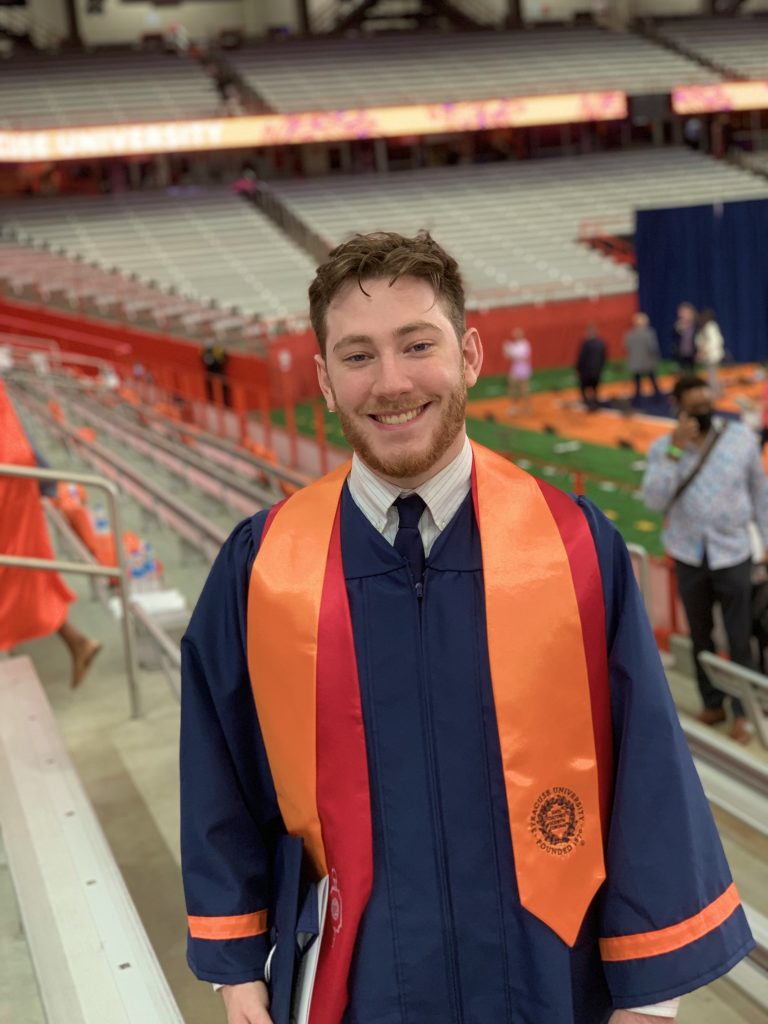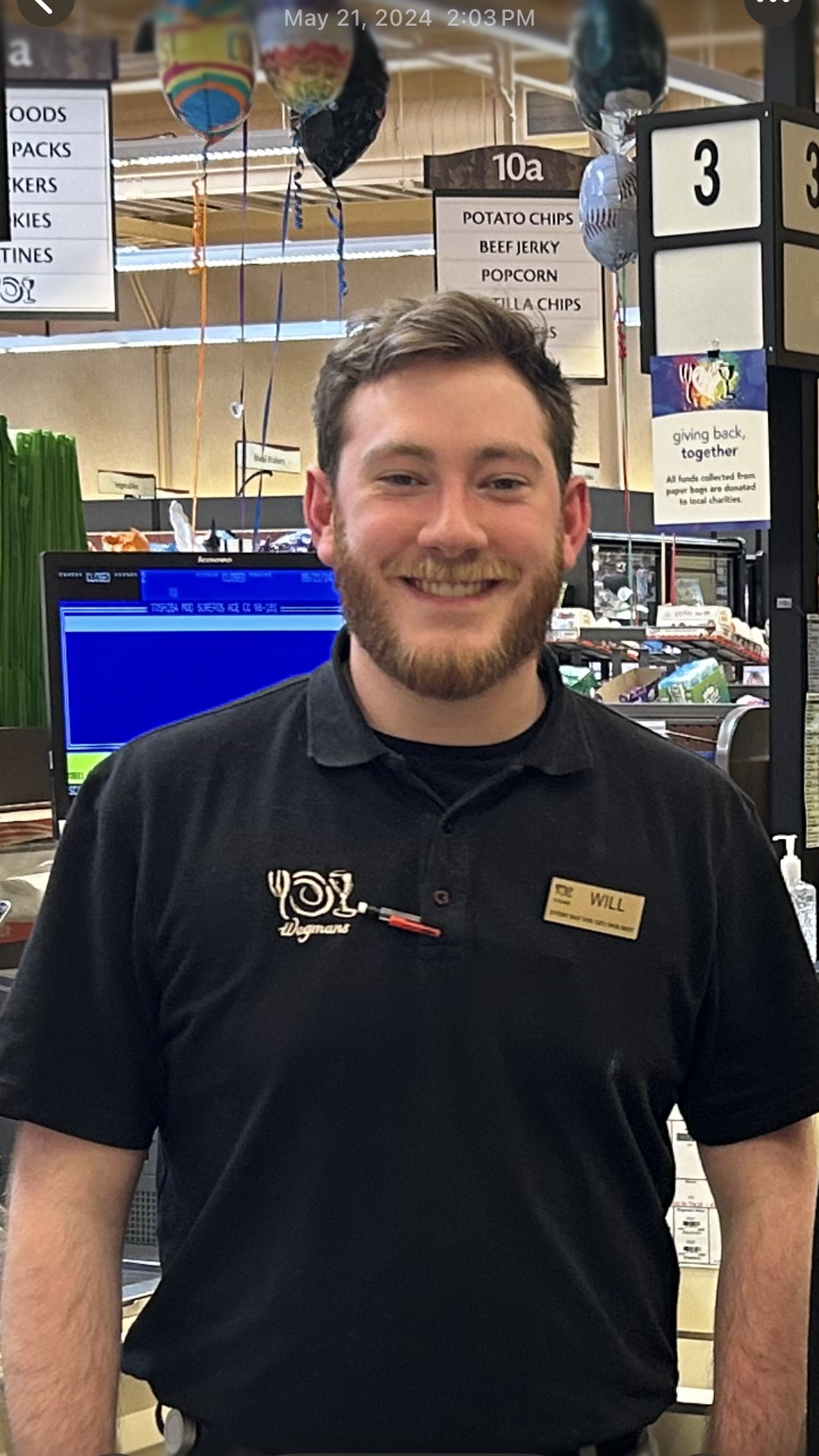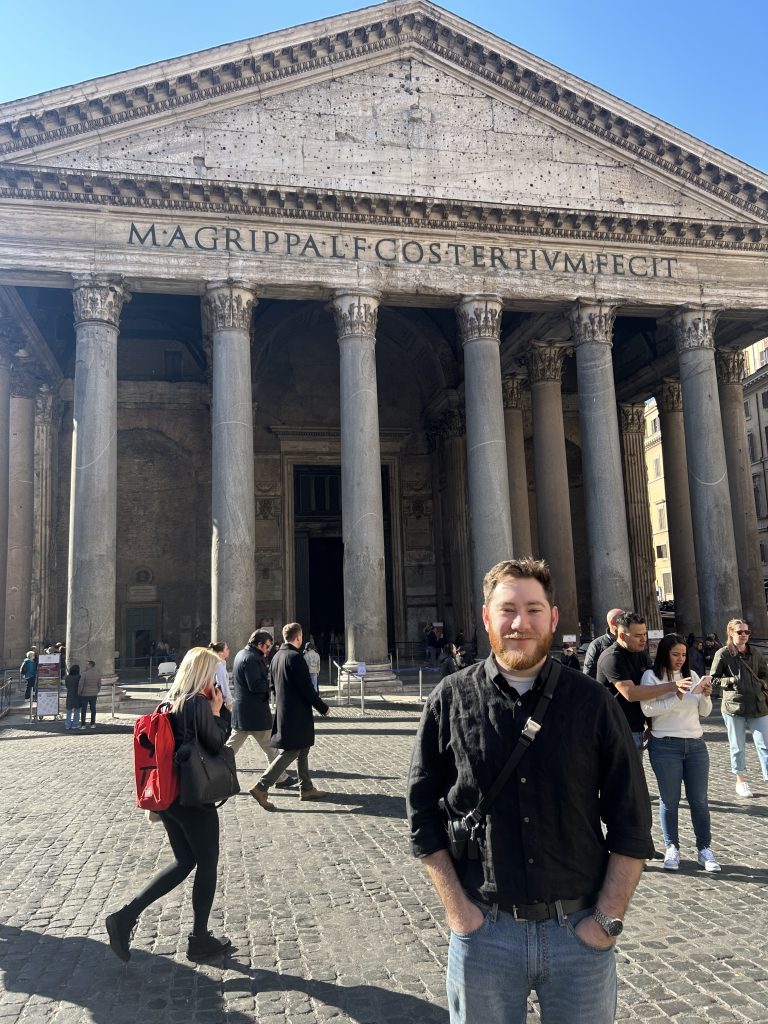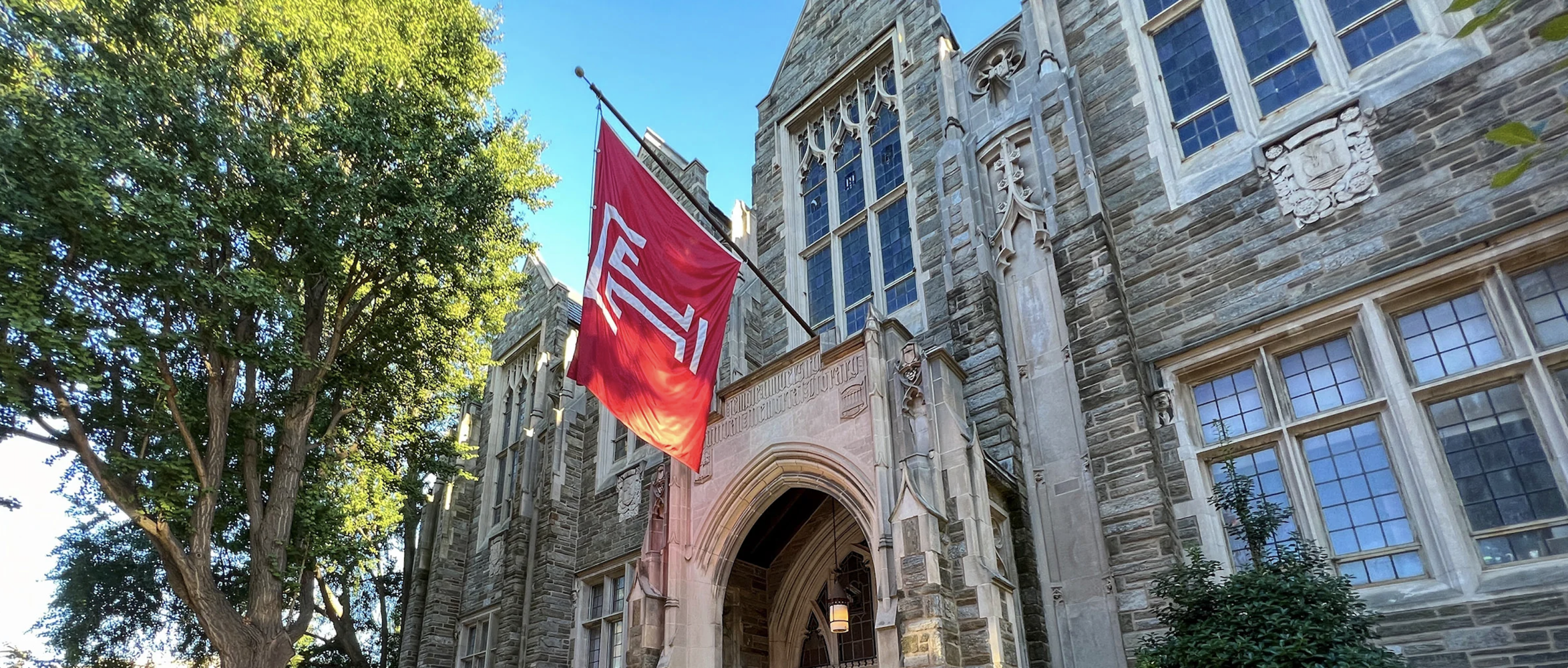Last updated on September 1, 2025
My intellectual interests focus on the Soviet Union in its final three decades. I’m particularly interested in the often dissenting and disheartening opinions, concerns, and fears of average Soviet citizens. I would like to explore, in what form and in what extent, did these citizens understand their state was failing and to what avenues of relief did they turn to. How these political and economic failings impacted the cultural aspects of their lives is of the greatest interest. I’m also interested in how citizens perceived the collapse of the Soviet Union in the following two decades since and in what ways/modes did they remember their life beforehand. Soviet nostalgia is an emerging popular phenomenon of those following two decades that initially drew me into this focus. I graduated Syracuse University in 2021 with a major in History and a minor in Political Science. My proudest academic achievement was completing my undergraduate distinction thesis: Identity, Nostalgia, and Political Power in Post-Soviet Poland under my advisor Dr. Paul Hagenloh. It is a topic, as mentioned above, I wish to return to as a PhD student.
I wish to complete my PhD at Temple with the goal of becoming a full professor of Russian/Soviet history at a major university. This course will help me achieve this goal as oral history is particularly relevant to my research and particularly important in understanding post-Soviet history and political trajectories. Through this course, I would like to learn how best to conduct oral history research by understanding best practices, methods, and tactics. Conducting research into such depressing times will take tact and will require proper research techniques. I do not think it will be easy. But I think this course, and studying successful oral historians, will help me understand how best to utilize the information I do receive (although it may not be what I initially set out to discover). That being said, oral history seems much more complicated than other methods I’m familiar with, especially in how memories and opinions change over time. Oral history appears challenging because it seems to be inherently biased. I want to learn how best to conduct oral history research and understand the answers I do receive.




Comments